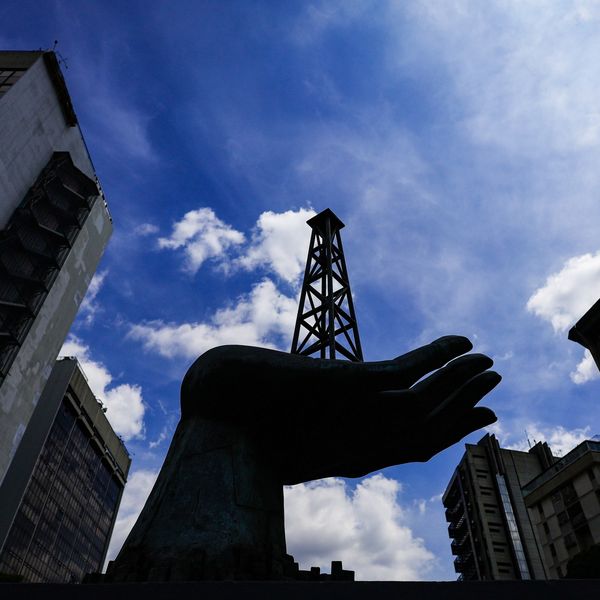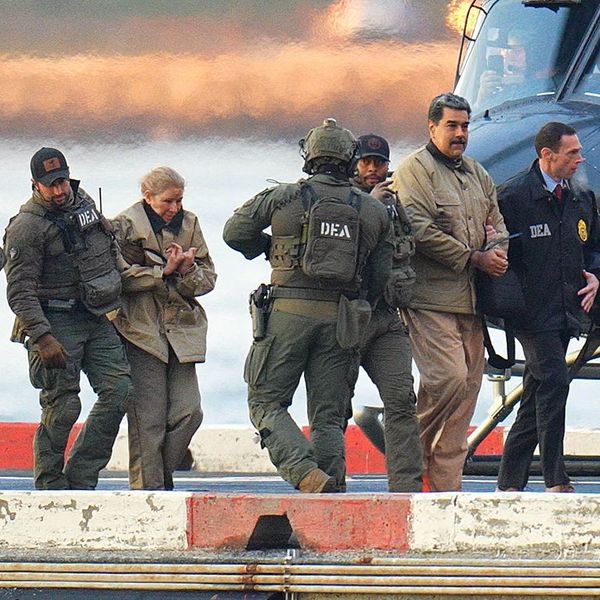Bottom Line Up Front
- On June 27, the Tunisian capital of Tunis was rocked by twin suicide blasts that killed one police officer and injured many others.
- One of the explosions hit a bus carrying Tunisia’s presidential guards, while the Islamic State claimed responsibility for the attack via Amaq news agency.
- The attack occurred the same day that Tunisia’s 92-year old president, Beji Caid Essebsi, was admitted to the hospital with an unspecified but serious illness, thrusting the country into upheaval and political instability.
- Tunisia has been hailed as a country that successfully navigated the post-Arab spring period of political transition in North Africa, though significant demographic, security, and economic challenges have prevented further progress.
On June 27, the Tunisian capital was rocked by twin suicide blasts that killed one police officer and injured many others, including members of the security forces and civilians that were in the vicinity at the time of the bombings. The first attack took place close to the French Embassy, while the second occurred in the Qarajani district, close to several government and internal security buildings, including the complex belonging to Tunisia’s anti-terrorism brigades. The most recent attacks are likely to have a negative impact on tourism, a critical source of income for a country with an economy already mired in crisis.
One explosion hit a bus carrying Tunisia’s presidential guard and through its Amaq News Agency, the so-called Islamic State (IS) ultimately claimed responsibility for the deadly attack. The attack is far from the first terrorist incident in the country, but rather highlights a worrisome trend of IS directed and inspired violence. A suicide attack in October 2018, carried out by a young woman, killed 10 police officers and injured more than a dozen others, sending shockwaves through the country as it braced for the aftermath of the fall the IS caliphate. Tunisia had nearly 3,000 of its citizens travel to Iraq and Syria to join IS. A spasm of violence upended Tunisia in 2015, when terrorist attacks at the Bardo National Museum in Tunis and at a beach resort near the town of Sousse killed dozens, including many British tourists in the latter incident. Authorities imposed a state of emergency in November 2015 in response to those major attacks, which were linked to IS.
The attacks occurred the same day that Tunisia’s 92-year old president, Beji Caid Essebsi, was admitted to the hospital with an unspecified illness, thrusting the country into upheaval and political instability. Some reports suggested that Essebsi had died, with rumors proliferating on social media, although these were later proved false. Tunisia’s Prime Minister, Youssef Chahed, claimed to have visited the President and suggested he was recovering. Essebsi, who is currently the world’s oldest president, was elected in Tunisia’s first free and fair election in 2014, replacing Zine el-Abedine Ben Ali, who was toppled in 2011 after more than two decades in office. Many analysts have pointed out, especially given the uncertainty over Essebsi’s condition, that there is a greater need now more than ever for the country to establish a functioning Constitutional Court. This would help decide the issue of possible succession if Essebsi is too ill to continue in his role or eventually succumbs to his illness. The current political crisis is compounded by Tunisia’s struggling economy and the threat posed by the possibility of more terrorist attacks from jihadist groups.
Tunisia is the latest North African country to be engulfed by turmoil, joining Algeria, Libya, and Egypt, each dealing their own spasms of political instability and terrorism that continue to plague the region. The recent violence is especially troubling because Tunisia has largely been hailed as a country that successfully managed to navigate the post-Arab Spring period of political transition in the Middle East and North Africa, though—given yesterday’s events— it is evident the country still faces significant challenges. There are ongoing disagreements about how to handle crimes committed under the previous government, as well as the most effective way to move past these transgressions as a nation. Tunisians will return to the polls in November, but the recent attacks and high levels of unemployment will dominate the election, even as the country attempts to remain a democratic model for other states struggling to balance the often competing demands of liberty and security.










